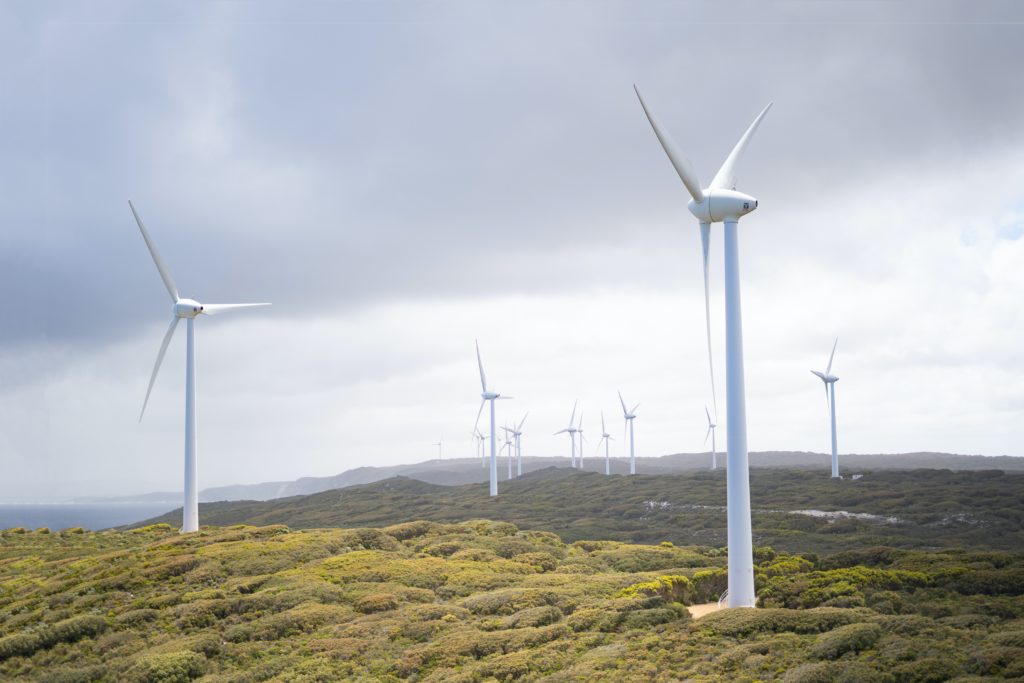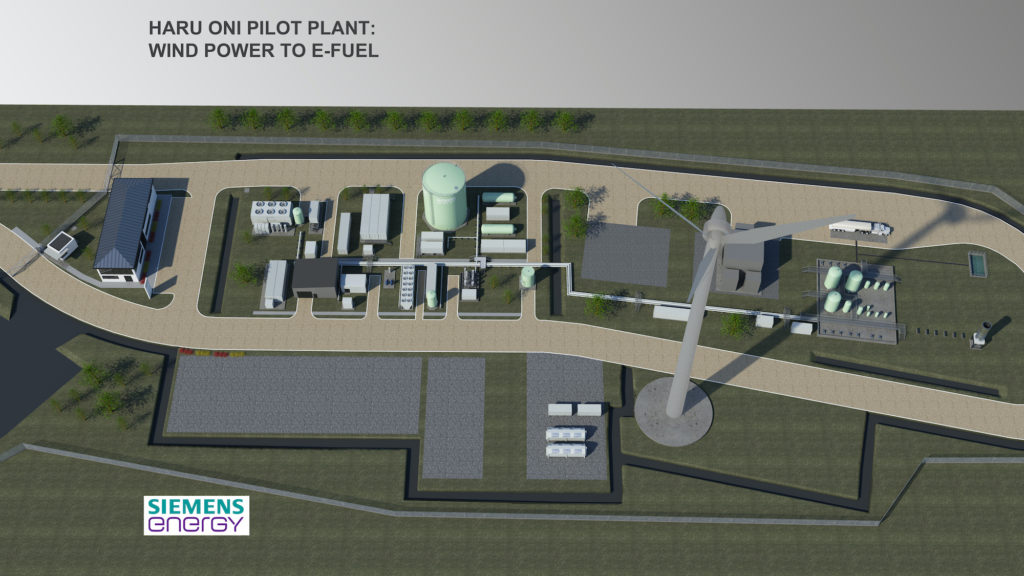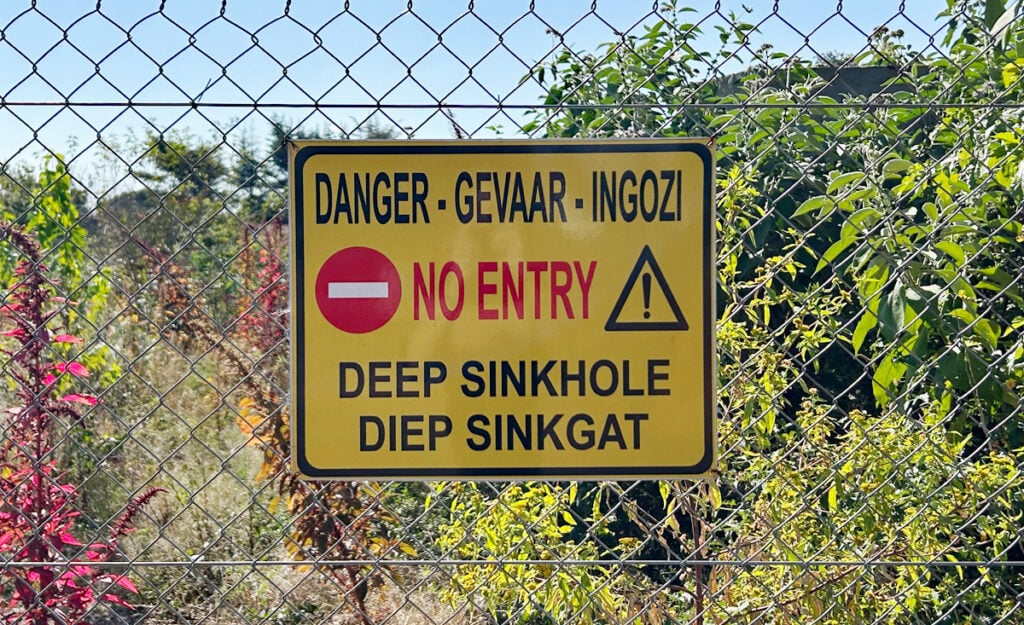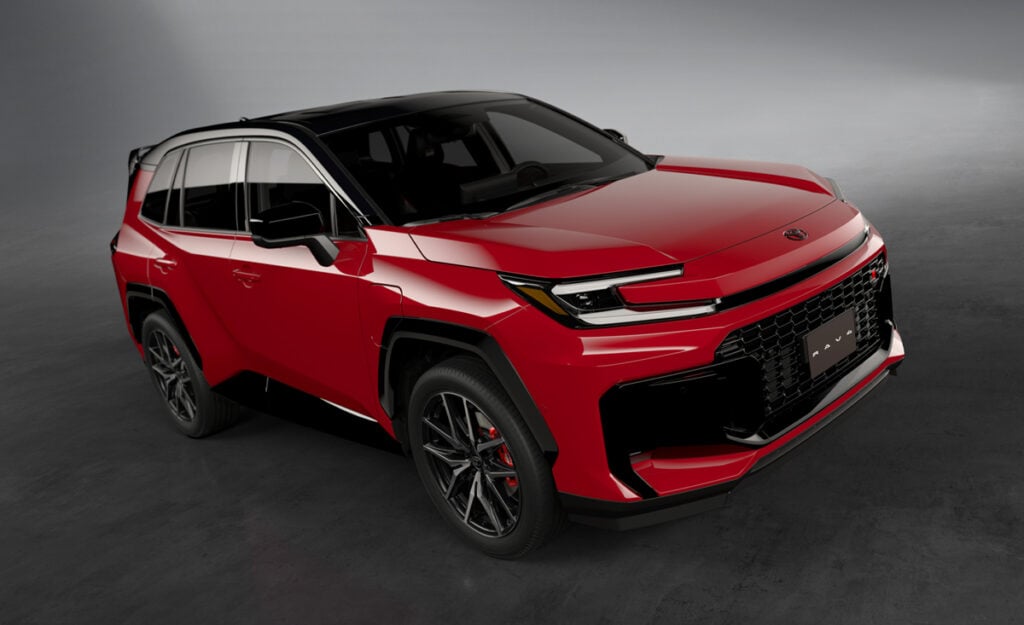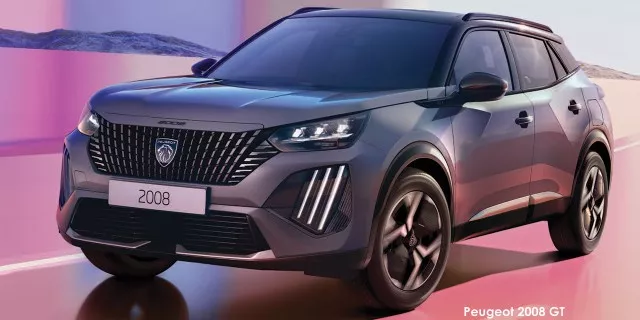
Synthetic fuels – also called e-fuels – could make the carbon-neutral internal combustion engine a reality.
The main challenge standing in the way of synthetic fuels is time, however, as by 2030, you may be unable to buy a new internal combustion engine vehicle in certain parts of the world.
Restrictions will come into effect in 2035 in Europe and selected American states, too, which would make the mass adoption of e-fuels extremely difficult.
How it’s made
To produce synthetic fuel, electrolysis is used to separate water into its hydrogen and oxygen states.
The now-separated hydrogen is combined with carbon dioxide – which is taken from the atmosphere via specialised air filters, or recycled from industrial activities such as cement production.
The result of this procedure is synthetic methanol, which then goes through several stages of refinement to turn into synthetic petrol, diesel, or kerosene.
It is worth noting that producing e-fuels is an energy-demanding process, and that it can only be truly carbon-neutral if renewable energy sources power all the elements of production.
The biggest downside to e-fuel, however, is that it is expensive to manufacture.
The process of obtaining carbon dioxide is costly, as you need purpose-built equipment to draw in air and filter out the gasses contained therein.
Electrolysis on a mass scale is still on the expensive end of the spectrum, too, but both these processes are expected to become more affordable alongside the global push of green energy.
It’s not all bad news, though, as the trump card for e-fuel is that it can be stored and distributed the same way as normal petrol or diesel.
This means that, unlike other fuel replacement technologies such as batteries or hydrogen power, synthetic fuel can use petrol stations without modifying them.
Further good news is that Bosch predicts synthetic fuels could potentially turn fossil-fuel-powered vehicles of all kinds completely carbon neutral.
In a separate report, the company said that it expects synthetic fuels to cost between €1.00 and €1.40 “in the long run” – excluding any excise duties – which equates to between R17.05 and R23.87 per litre using current exchange rates.
Who is producing synthetic fuel
Porsche and Siemens are currently two of the main proponents of synthetic fuels.
The companies are jointly setting up a refinery in Chile that will deliver its first trial output of e-fuels in 2022 – and aims to produce 55 million litres by 2024, and half a billion litres by 2026.
Due to the energy-demanding operation, the refinery works on power generated through the wind only.
